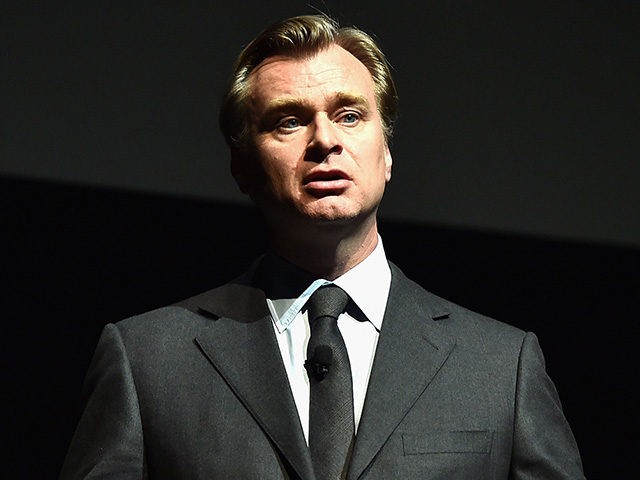Veteran film director Christopher Nolan has said he will never work with Netflix to produce a film because the streaming company is intent on putting movie theaters out of business.
“Netflix has a bizarre aversion to supporting theatrical films,” Nolan told IndieWire in an interview. “They have this mindless policy of everything having to be simultaneously streamed and released, which is obviously an untenable model for theatrical presentation. So they’re not even getting in the game, and I think they’re missing a huge opportunity.”
He also argued that Netflix’s film strategy is mainly predicated on replacing the theater industry, and therefore lacks the theatrical merit of traditional blockbusters.
“I think the investment that Netflix is putting into interesting filmmakers and interesting projects would be more admirable if it weren’t being used as some kind of bizarre leverage against shutting down theaters,” he said. “It’s so pointless. I don’t really get it.”

Director Christopher Nolan attends the Warner Bros. Pictures ‘DUNKIRK’ US premiere at AMC Loews Lincoln Square on July 18, 2017 in New York City. / AFP PHOTO / ANGELA WEISS
Nolan’s latest film, Dunkirk, has received an overwhelmingly positive critical response, with critics praising it for its cinematography, direction, acting and musical score, composed by Hans Zimmer. During CinemaCon in March, Nolan told the audience that the film was designed to “make you feel like you are there, and the only way to do that is through theatrical distribution.”
In an op-ed for The Wall Street Journal in 2014, Nolan contended that as hard as the technology corporations such as Netflix will try, technology will not kill films as an art form or the love of going to the movies, although he warned that the industry might have to adapt in other ways.
The theaters of the future will be bigger and more beautiful than ever before. They will employ expensive presentation formats that cannot be accessed or reproduced in the home (such as, ironically, film prints).
The projects that most obviously lend themselves to such distinctions are spectacles. But if history is any guide, all genres, all budgets will follow. Because the cinema of the future will depend not just on grander presentation, but on the emergence of filmmakers inventive enough to command the focused attention of a crowd for hours.
The audience experience is distinct from home entertainment, but not so much that people seek it out for its own sake. The experience must distinguish itself in other ways.
His previous films, such as Inception (2010), Interstellar (2014), and The Dark Knight trilogy, are also known for their stunning cinematic qualities.
“The only platform I’m interested in talking about is theatrical exhibition,” he said.
You can follow Ben Kew on Facebook, on Twitter at @ben_kew, or email him at bkew@breitbart.com

COMMENTS
Please let us know if you're having issues with commenting.